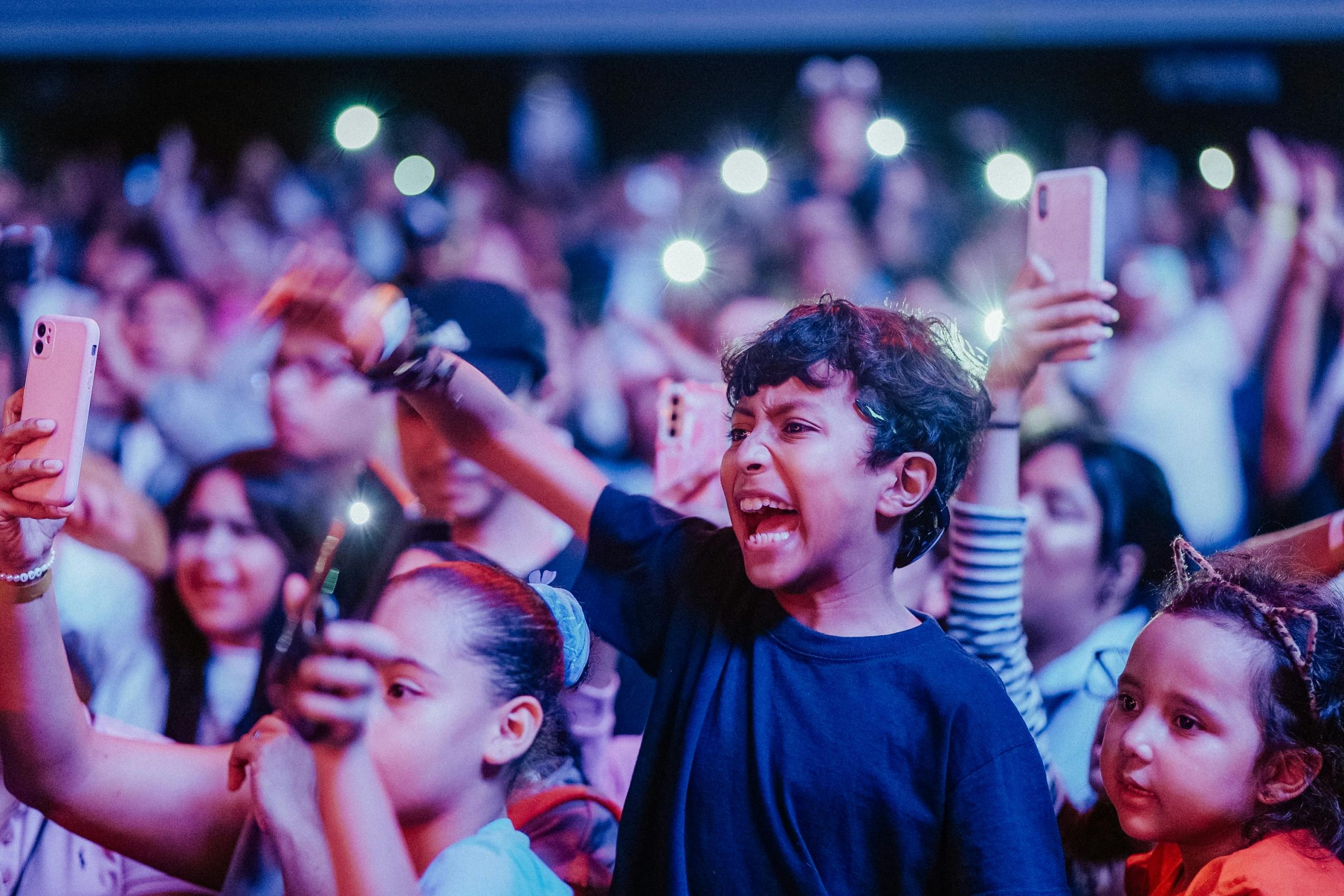Remember when “screen time” meant cartoons before dinner? Now it means your 8-year-old might be chatting with an AI that calls itself “Sally.”
A new survey finds that kids as young as five are already engaging with artificial intelligence — and parents are scrambling to keep up.
According to fresh data from Pew Research, 3% of parents say their children ages 5–7 have used an AI chatbot, rising to 7% for ages 8–10 and 15% for ages 11–12. Add it up, and nearly 1 in 10 children under 13 in the U.S. has interacted with a chatbot. That’s the same demographic that’s still losing teeth and arguing over who gets the blue iPad.
And while chatbots like ChatGPT and Google’s Gemini are the latest digital babysitters, they’re not the only ones taking up space on kids’ screens. Pew’s survey shows that 40% of parents report their young children regularly use voice assistants like Alexa and Siri.
The broader numbers tell an even bigger story: 90% of kids 12 and under watch television, 68% use tablets, and 61% use smartphones. Which means for most families, tech isn’t a “distraction.” It’s the air everyone breathes.
The AI Parent Trap
The tricky part? Parents admit they’re struggling to manage it.
About 42% said they could do better when it comes to setting limits, while 58% insist they’re doing the best they can.
The problem is that AI doesn’t play by the same rules as the old screen-time debates. This isn’t about cutting down cartoons or unplugging Fortnite — it’s about machines that talk back.
Titania Jordan, Chief Parent Officer at Bark Technologies, warns that too many parents are learning about chatbots secondhand — from their kids. “Parents should learn all they can about AI, chatbots, and companions so they can talk to their kids about the potential dangers,” she says. “Otherwise, kids will learn about them from friends and peers.”
That line hits hard. Every generation has its digital bogeyman — chat rooms, MySpace, TikTok — but this one’s different. The tech isn’t just showing kids things; it’s talking to them.
Jordan points out that while chatbots can help with schoolwork or creative projects, they also risk becoming emotional stand-ins. “Kids are forming relationships with AI-generated personalities, which is concerning,” she says.
Her advice: make sure children know chatbots aren’t real friends, they can be wrong, and sometimes dangerously so. She even recommends showing examples where AI has misled or harmed users. Not to scare kids — but to make them aware that the risks are real, not theoretical.
A Generation Growing Up with AI
It’s easy to dismiss all this as tech panic. But this is the first generation to grow up with AI woven directly into daily life — smart speakers, homework helpers, even toys with machine learning built in.
And it’s happening fast. The same Pew data found that many parents are just now realizing how deeply AI is creeping into their homes. Some states have already started warning tech companies about potential harm to minors, and after one tragic case, AI platforms have added parental control settings to try to stem public concern.
Still, the line between “learning tool” and “digital companion” is blurring fast. And no one’s fully ready for that conversation — not the parents, not the schools, not even the tech companies.
So maybe the best advice for now is simple: talk to your kids about who (or what) they’re talking to.
Because the next time you hear your child laughing in the other room, you might want to ask who’s telling the jokes.
Source: Adapted from CNET
